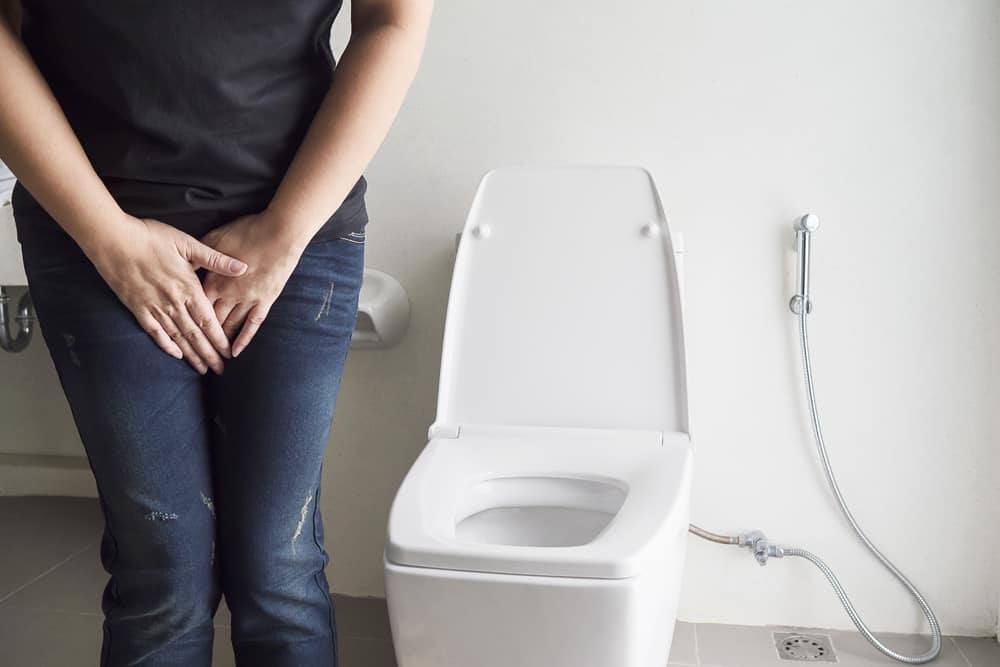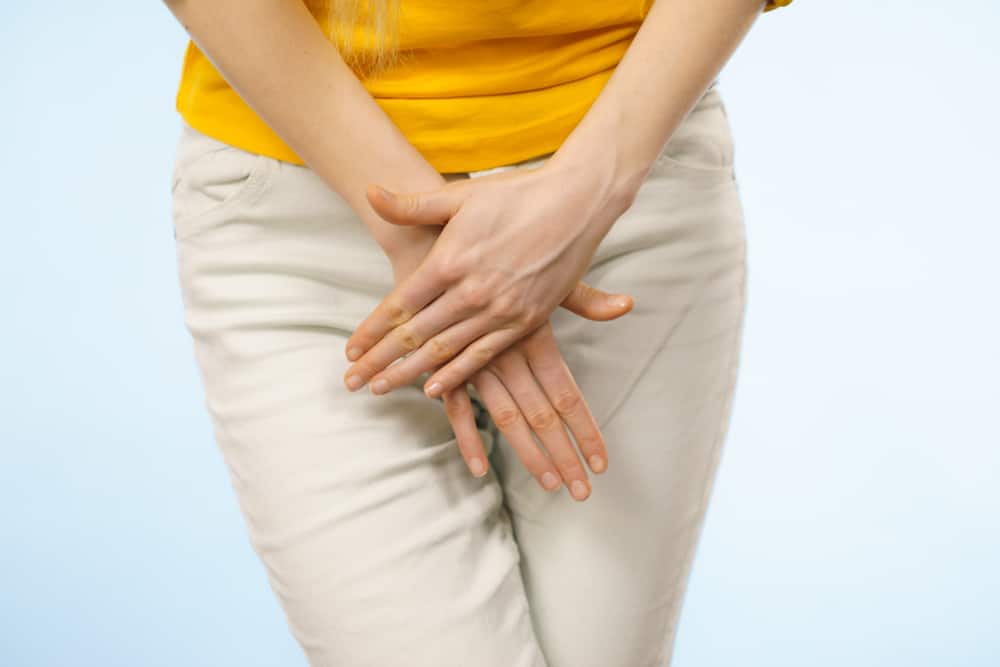Contents:
- Medical Video: Recovering from Stroke Part 1 (UCLA)
- Fast damage, slow recovery
- Healing after stroke
- Brain edema
- Blood pressure
- Blood sugar
- Brain recovery
Medical Video: Recovering from Stroke Part 1 (UCLA)
Stroke is an emergency medical condition. A stroke is fast and occurs suddenly. Urgent medical attention is needed to prevent greater damage. However, the recovery process usually tends to be slow and difficult.
Stroke is an active and sustainable disease. Brain injury that occurs suddenly and decreases neurological abilities is indeed very surprising. Stroke is a brief event and will develop dramatically during the first few hours. In the first few days, injuries and disabilities due to stroke will reach their maximum peak and then stabilize on their own.
Fast damage, slow recovery
Stroke damage is fast and aggressive.
His recovery is slow and gradual. Recovery and healing can occur spontaneously. However, there is medical assistance that can help maximize the functional recovery process. Generally, treatment of stroke helps improve overall results after a stroke, but usually treatment does not accelerate the pace of recovery.
Healing after stroke
Brain edema
Stabilization is the first step in healing a stroke. After a stroke, many experience inflammation of the brain similar to swelling after an injury, such as a lump or swelling that is seen on the arms and legs after an injury. This swelling is called edema which is part of the body's mechanism in the recovery phase. Swelling consists of a mixture of fluid and inflamed cells.
Because the brain is encased in the skull, there is not much space that can accommodate this swelling. Thus, edema that appears after stroke can suppress the brain and worsen the symptoms of stroke, even if only temporarily. Edema begins to develop 24-48 hours after a stroke and continues to increase for several weeks.
Often, close monitoring of body fluid concentrations in hospitals can help reduce further brain damage that may be caused by acute edema after a stroke.
Blood pressure
Blood pressure usually fluctuates during and after a stroke. During this period, medical management of blood pressure will vary in the first few days after a stroke, mainly consisting of observation and impaired blood pressure changes. The latest medical science says that blood pressure will increase and decrease spontaneously during and after a stroke which is the body's natural way of maintaining fluid balance and blood flow to the brain. Blood pressure adjustments should be avoided for very high or very low blood pressure because it can interfere with recovery. Generally, changes in blood pressure due to stroke will be stable in the first 2-3 days.
Blood sugar
Changes in blood sugar levels and stress hormones also occur together with a stroke. This change will stabilize in the first few days and then become normal in the first few weeks after a stroke.
Brain recovery
After the body stabilizes, the brain usually begins to recover thanks to routine medical monitoring and medical management. Medical management is primarily focused on preventing the development of worse strokes. Maintenance of optimal medical conditions, such as control of body fluids, blood pressure, and circulation of blood sugar can help maximize protection of nerve cells after a stroke. Recovery of brain function and brain cells after a stroke usually begins within a few days and continues for months and years before achieving stability.
This therapy is very important in helping to restore the brain by stimulating the natural process of neuroplasticity. Speech therapy and swallowing exercises, physical therapy, and assistance with occupational therapy to regain brain function.
Overcoming visual improvement can be one of the biggest challenges in the recovery period. Mood also affects the recovery of stroke, so depression and anxiety are important parts that need to be considered in the recovery process.












